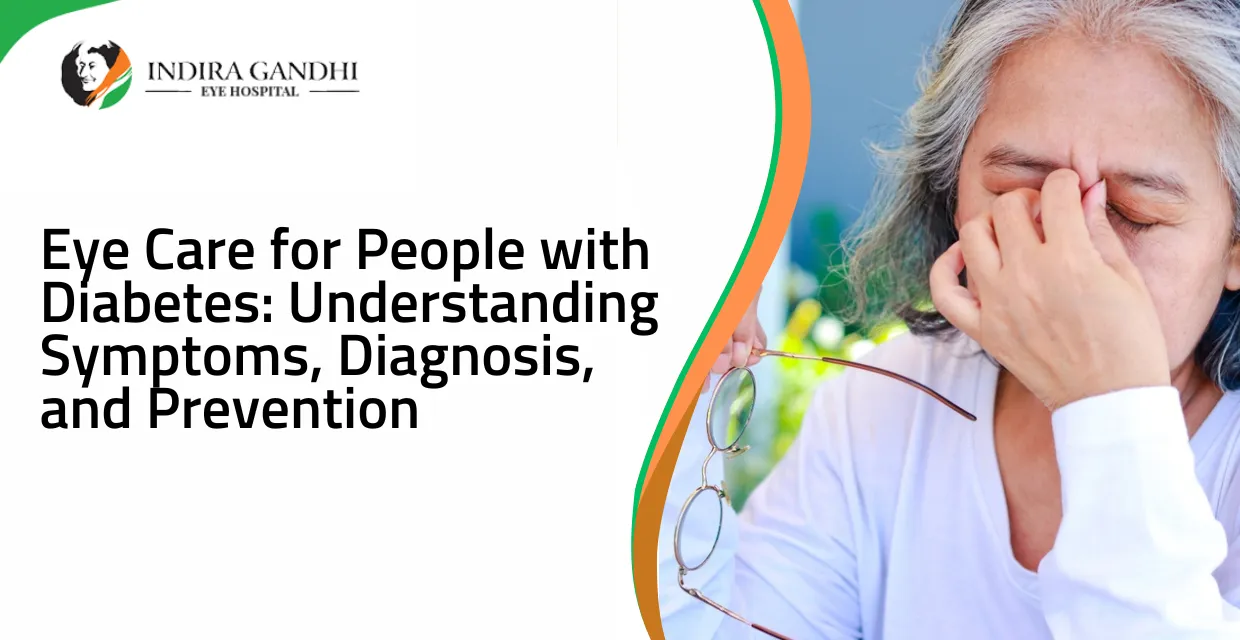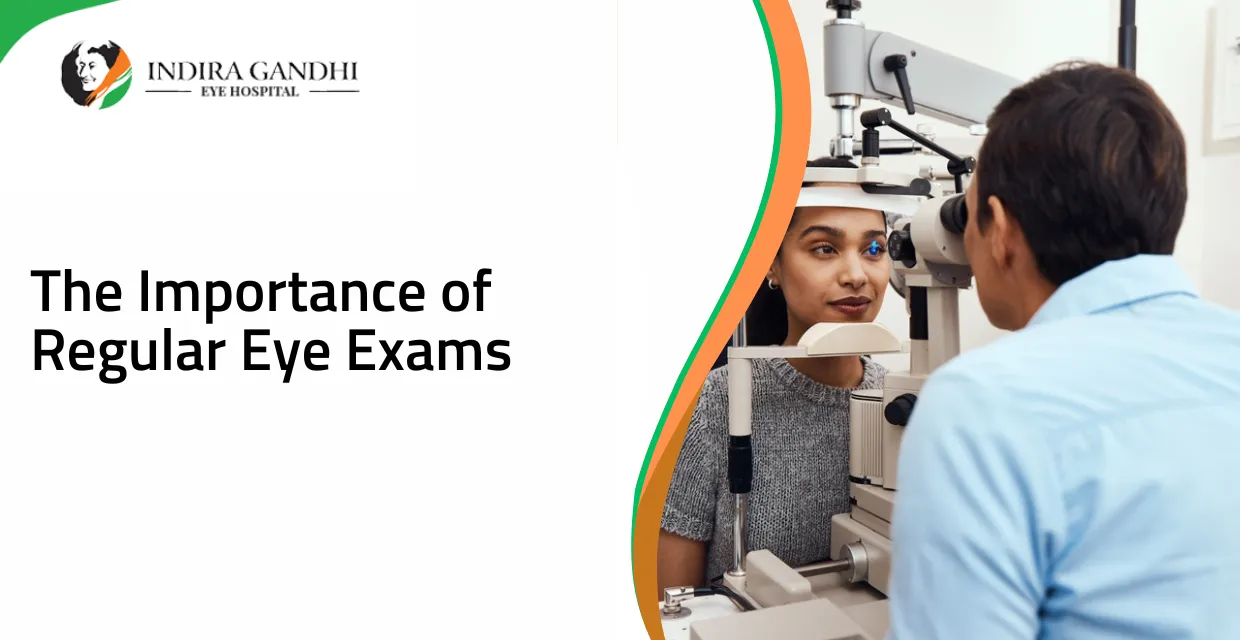Dr. Ankit Shrivastava
Location: Gurgaon Branch, Indira Gandhi Eye Hospital
Speciality: Nutrition and Cataract, Cornea & Refractive Surgery
The soft, amber tones of September in North India aren't just a sign of the changing season; they're a reminder of the radiant beauty our eyes can perceive. Just as the lush fields of Punjab rely on nutritious soil to produce bountiful harvests, our eyes depend on a healthy diet to maintain their sharpness and vigour.
The Link Between Nutrition and Eye Health
A healthy diet isn't just about keeping your weight in check or your heart beating strong. The nutrients from the food we consume play an essential role in preserving our vision and warding off eye diseases.
Vital Nutrients for Eye Health
Vitamin A: Found abundantly in carrots, this vitamin is a favourite for a reason. It's crucial for vision, and its deficiency can lead to night blindness.
Vitamin C: A powerful antioxidant found in citrus fruits like oranges and amla (Indian gooseberry). It can help reduce the risk of cataracts.
Vitamin E: Found in nuts and seeds, this vitamin protects the eyes from harmful free radicals.
Zinc: Present in lentils and chickpeas, it's essential for maintaining the health of the retina.
Omega-3 fatty acids: Commonly found in fish and flaxseeds, they help in visual development and retinal function.
A September Diet for Healthy Eyes
As the North Indian fields are ripe with fresh produce, September is the perfect month to incorporate eye-healthy foods into your diet:
Palak Paneer: Spinach, rich in lutein and zeaxanthin, combined with paneer, provides both taste and nutritional benefits.
Dal Makhani: Lentils, a good source of zinc, is a staple in many North Indian homes.
Fruit Chaat: Mix seasonal fruits like papaya, which is rich in beta-carotene, with a sprinkle of chat masala for a delightful evening snack.
Tips for Integrating Nutritional Foods
Stay Seasonal: Embrace the vegetables and fruits that are in season. They are fresher and often more nutrient-rich.
Limit Processed Foods: They often contain sodium, which may increase the risk of cataracts.
Hydrate: Drink ample water. Hydration is essential for producing tears and maintaining moist eyes.
Conclusion
In the hues of the North Indian September landscape lies a gentle reminder: to see the world in its full spectrum, we need to nourish our eyes with the best nature has to offer. Let's pledge to make eye health a priority, and it begins with what's on our plate. For more personalised nutritional advice, consult our experts.
Click here to book a nutritional consultation with Dr. Ankit Shrivastava at our Gurgaon Branch.





